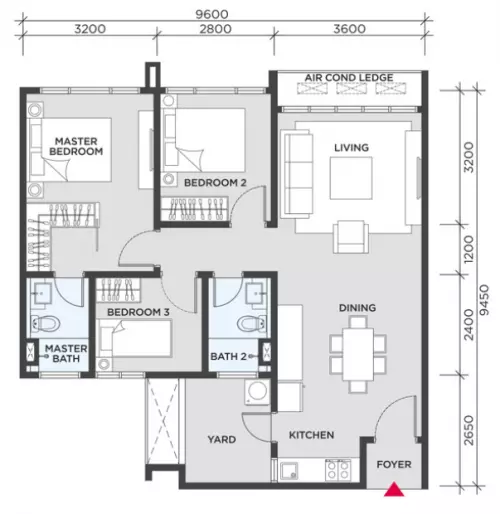

HOW TO SELECT THE BEST CALGARY REAL ESTATE LAWYER?
Once you and your real estate agent negotiate and draft the contract to buy or sell your home and all of the due diligence conditions are met, these agreements are normally transferred to your Lawyer to convey the transaction. Your Lawyer and their team of paralegals coordinate the details of the cl
Read More

CALCULATE THE RETURN ON A REAL ESTATE INVESTMENT
Understanding how to calculate the return on a real estate investment can be instrumental to ensure that you make the best use of your resources. To understand the basics use the following guidelines: The standard of measurement is to use annual net operating income (NOI) on a care-free basis when c
Read More

HOW CAN A HOME BUYER WIN A MULTIPLE OFFER?
While most Buyers dread being in a multiple-offer situation, with a little preparation Home Buyers can win a multiple offer situation without necessarily paying more money. To win that house you’ve been pining for, you’ll need a battle plan. Here are eight key steps to craft a winning scenario: 1. A
Read More

HOW TO BEST HANDLE MULTIPLE OFFERS WHEN YOU ARE THE SELLER
While you may think that receiving two or more offers on your home is a great situation it actually presents some disadvantages. For properties that sell with a single offer, the fallout rate is 10 percent. For properties where there are two or more offers, the fallout rate increases to 50 percen
Read More
Categories
Recent Posts











